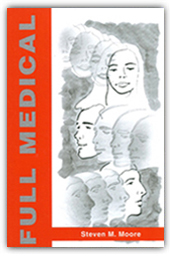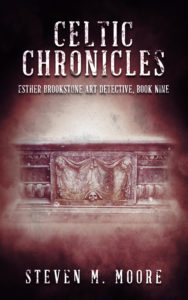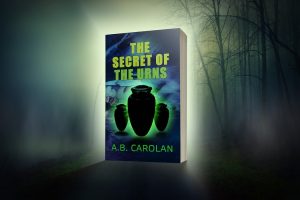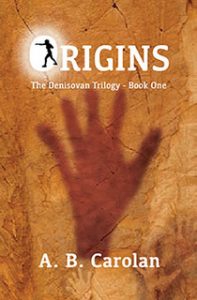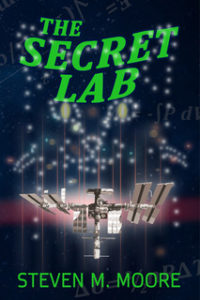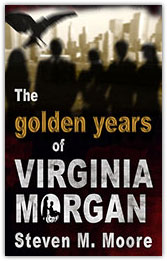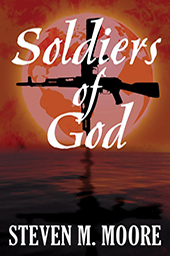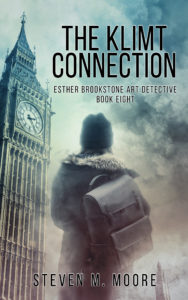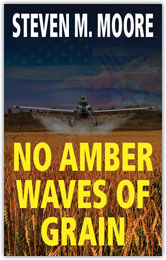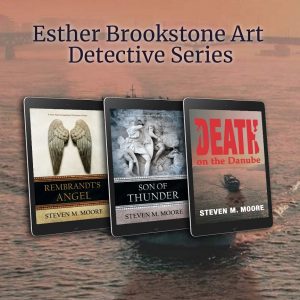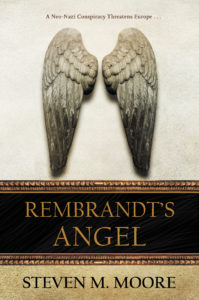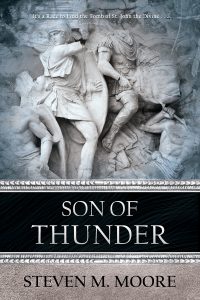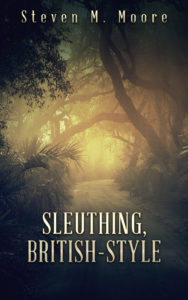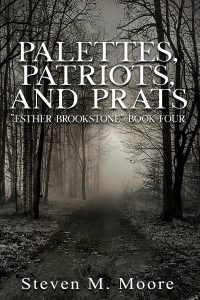What’s with owls?
Friday, July 15th, 2022Did these birds become so popular because of those Harry Potter stories? Are these rapacious carnivores so cute and cuddly that everyone loves them? Or have we always loved them because they say “Who”? And did advertisers just discover them now?
As a writer, I have to be an observer, mostly of human nature and not owls! So, I’ve discovered that suddenly something weird is going on: Owls might be replacing cats and dogs as human beings’ favorite literary animals. Why? What’s changed?
Take commercials. There’s the Xyzal owl, the opticians’ owls, and so forth. (I’m lucky to remember any product now because I’m the ad person’s worst target: I don’t pay attention to the the products, just the human drama, especially when they interact with animals.)
What is it about an owl that’s suddenly made this bird so popular? It can’t be about its wisdom. Like most animals that have succeeded in Darwin’s evolutionary Hunger Games (Mother Nature’s epic stories are far better than that sci-fi schlock of the same name), the owl is perfectly adapted to the ecological niches it populates—not exactly wise these days as human beings destroy habitats—and it operates mostly on instinct. Except for Harry’s owl, I’ve never seen one play an important role in literature. Exceptions might be Poe with his raven and Koontz with his retriever, but Rawling has an owl?
Owls really aren’t nice birds either. It’s a carnivore that feeds on small rodents and birds, ripping them apart and swallowing the raw flesh. For hunting, it’s as deadly as a hawk, falcon, or eagle, with comparable or better eyesight and a better sense of smell. An owl is a killing machine!
Maybe I’ve just seen too many PBS Nature shows to think of this flying carnivore as cute and cuddly? Am I just missing something? Readers, let me know.
I think there’s a lesson to be learned here, though: An owl just looks wise, and that happens because we see it idly hanging around during the day (if at all), not when it’s being a nocturnal killer. During the day, it just stares at us with those big eyes, rotating its head through almost 360 degrees to keep us in view and make sure we, the most dangerous animal on the planet, are not threatening them.
An owl only appears to be a wise observer of human beings. In other words, it isn’t something an author of fiction should emulate! A writer truly should be a wise observer of humans to make his fiction seem more real!
***
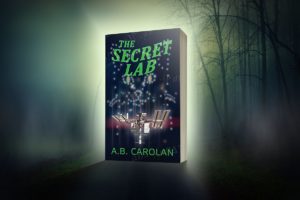 Comments are always welcome. (Please follow the rules found on the “Join the Conversation” web page. If you don’t, your comment will be considered spam.)
Comments are always welcome. (Please follow the rules found on the “Join the Conversation” web page. If you don’t, your comment will be considered spam.)
The “ABC Sci-Fi Mysteries.” These novels for young adults (and adults who are young at heart!) are on sale at Smashwords for 99 cents each! Give your tweens or teens young adult novels to read this summer, providing them with a head start on next fall’s book reports. The Secret Lab (KU26R), The Secret of the Urns (HQ66E), and Mind Games (MG73K) are all on sale at Smashwords. (Or, if you prefer, each novel has a print version, and you can find those wherever quality print books are sold, but they’re so inexpensive that they’re not on sale.) If the ebook’s sale price doesn’t appear when you check out from Smashwords, use the indicated promo code following the title. All these books’ protagonists are young adults (except for Mr. Paws, the mutant cat in the first novel), but adults can enjoy these futuristic tales as well.
Around the world and to the stars! In libris libertas!
